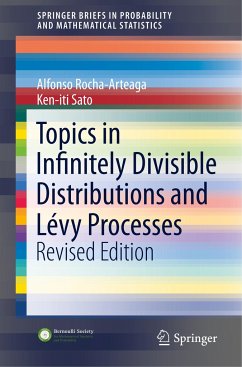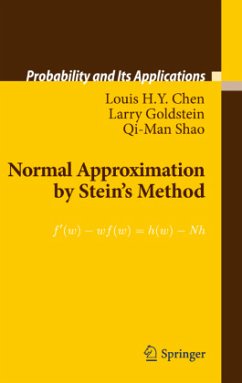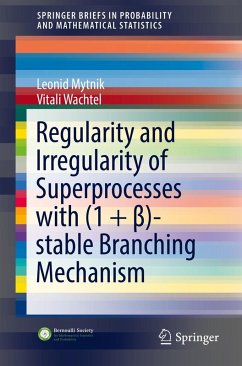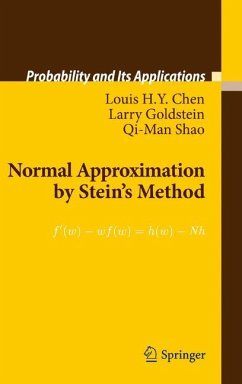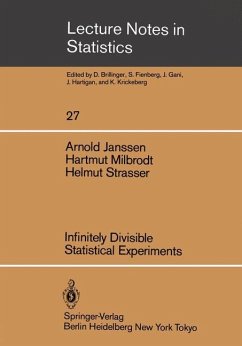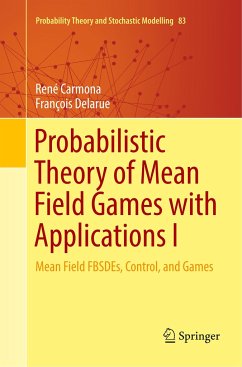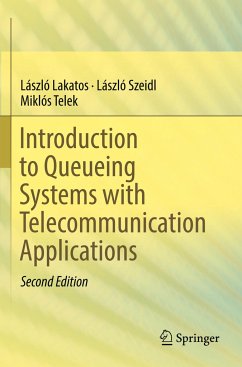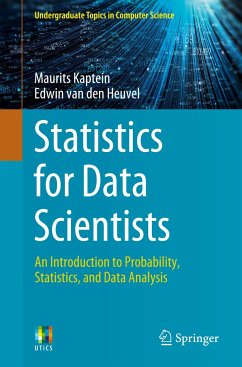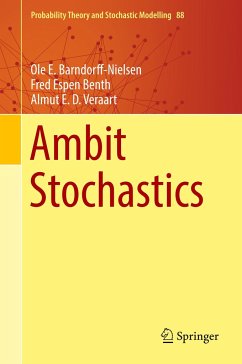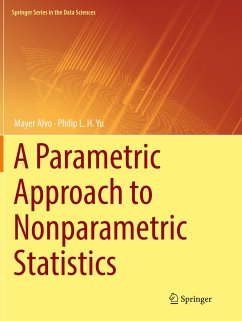
On Stein's Method for Infinitely Divisible Laws with Finite First Moment

PAYBACK Punkte
19 °P sammeln!
This book focuses on quantitative approximation results for weak limit theorems when the target limiting law is infinitely divisible with finite first moment. Two methods are presented and developed to obtain such quantitative results. At the root of these methods stands a Stein characterizing identity discussed in the third chapter and obtained thanks to a covariance representation of infinitely divisible distributions. The first method is based on characteristic functions and Stein type identities when the involved sequence of random variables is itself infinitely divisible with finite first...
This book focuses on quantitative approximation results for weak limit theorems when the target limiting law is infinitely divisible with finite first moment. Two methods are presented and developed to obtain such quantitative results. At the root of these methods stands a Stein characterizing identity discussed in the third chapter and obtained thanks to a covariance representation of infinitely divisible distributions. The first method is based on characteristic functions and Stein type identities when the involved sequence of random variables is itself infinitely divisible with finite first moment. In particular, based on this technique, quantitative versions of compound Poisson approximation of infinitely divisible distributions are presented. The second method is a general Stein's method approach for univariate selfdecomposable laws with finite first moment. Chapter 6 is concerned with applications and provides general upper bounds to quantify the rate of convergence in classicalweak limit theorems for sums of independent random variables. This book is aimed at graduate students and researchers working in probability theory and mathematical statistics.





